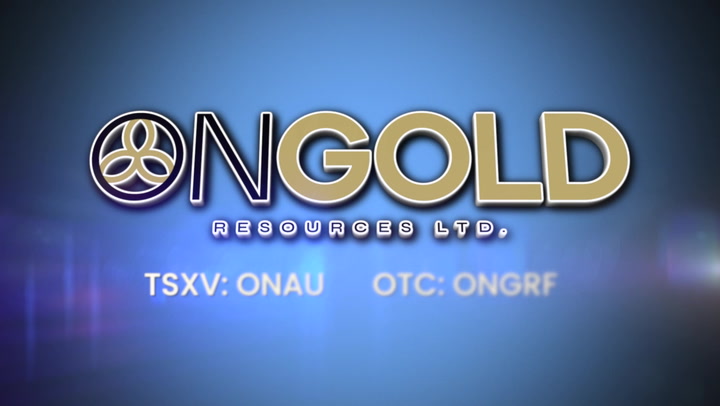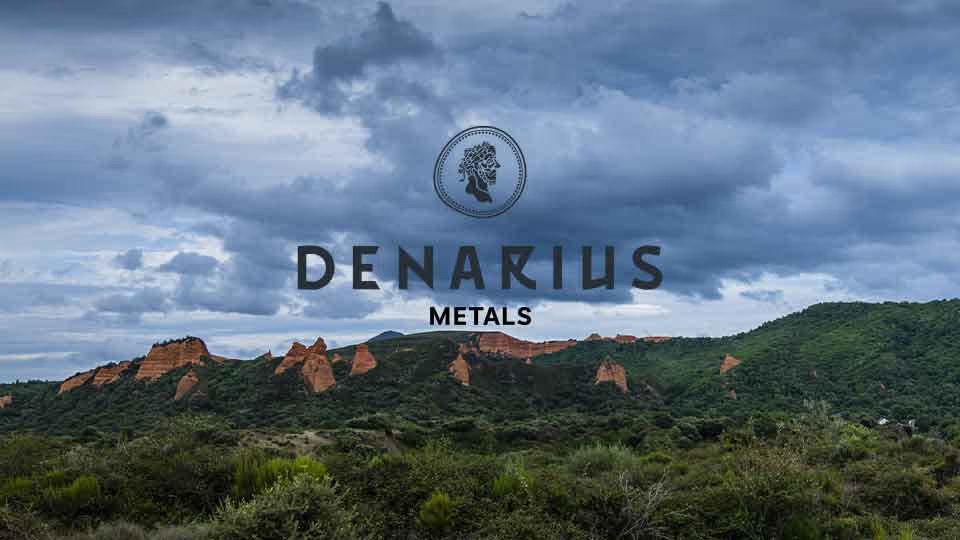Volatile Markets Spawn New Thinking on Portfolio Construction
Current market trends have challenged many advisors’ long-standing favour for the 60/40 investment mix which allocates 60% of a portfolio to equities and 40% to fixed income assets - with adjustments according to an investor’s time horizon, risk tolerance, and financial goals.

Current market trends have challenged many advisors’ long-standing favour for the 60/40 investment mix which allocates 60% of a portfolio to equities and 40% to fixed income assets - with adjustments according to an investor’s time horizon, risk tolerance, and financial goals.
The traditional 60/40 model assumes that as stocks decline due to economic slowdowns, assets like bonds will appreciate, thanks largely to central banks that often cut interest rates to stimulate growth. This in turn creates a more favourable environment for bonds which can act as a shock absorber to help stabilize overall returns.
However, post-pandemic dynamics, volatile markets, and a high inflation environment have sparked uncertainty over the 60/40 portfolio’s efficacy.
While the volatility we’re experiencing today is nothing like the massive economic disruption caused by the events of 9/11 and the Great Recession of 2008, choppy markets persist, and even daily drops of .5% are enough to rattle many investors.
While some advisors still prefer to stick to the traditional 60/40 approach, it is no longer a favourable mix for many investors looking to diversify their portfolio and mitigate risk. They’ve begun to contemplate alternative approaches to portfolio construction, such as the 60/20/20 model designed for risk reduction through additional diversification and new sources of returns. This model allocates 60% of assets to equities, 20% to fixed income, and 20% to private alternative investments.
Alternative investments can include anything from art to infrastructure assets. However, one of the most popular alternative investments is real estate, specifically institutional quality assets, such as large-scale industrial facilities, retail plazas, or multi-residential complexes.
While alternative real estate investments offer investors the opportunity to own a share of major properties they could not otherwise afford, not all real estate offerings are created equal. “You really need to look under the hood when it comes to the asset management and management teams behind these private alternatives,” said Ray Punn, Vice President of Skyline Wealth Management. “If you’re dealing with a small cap company, is it made up of two guys working out of a basement, or does it have a large asset management team and a long-standing history in this space? Do they have a track record that indicates how they’ve navigated through previous economic downturns? These are aspects that an investor, advisor, or portfolio manager should be looking at before selecting a real estate security.”
One provider that has the size, experience, and track record of navigating challenging economic times is Skyline Group of Companies, owner, operator, and manager of approximately $8.5 billion in assets across Canada. Within Skyline’s 100% Canadian REIT (real estate investment trust) portfolios, every asset is revenue-producing, meaning anyone who invests in Skyline’s REITs receives a monthly distribution.

Its Skyline Apartment REIT comprises nearly 22,000 apartment units that house over 36,000 Canadians1, making it the fifth-largest landlord in Canada2. That’s 23,000 cheques that come in every month from the fund. Once you strip out the costs of running these properties, the remaining revenue is divided across all the unit holders.
Skyline Industrial REIT is a $1.46 billion fund1 that owns industrial warehousing and logistic assets across Canada and features nationally recognized tenants including Congebec and Nescafe. Warehousing, distribution, and logistics assets have been long undersupplied in North America, making the Industrial REIT a very strong performer.
Skyline Retail REIT’s portfolio is anchored in essential retailers such as major grocery and pharmacy chains, as well as other nationally recognized brands like Tim Hortons and Starbucks. Even in the middle of COVID-related shutdowns, where other retail owners were struggling, Skyline’s focus on “everyday essential” retail resulted in stable fund performance.
In addition to its three REITs, Skyline operates a clean energy fund that consists of medium-to-large-scale solar assets in Ontario and Alberta, as well as two biogas facilities located in Elmira, Ontario, and Lethbridge, Alberta.
Each fund is capable of providing additional diversification that can help mitigate against volatile markets – with the added benefit of tax efficiency. In fact, Punn believes that Skyline’s three REITS offer a high degree of diversification on their own. “Yes, all these funds are in real estate, but they all perform differently. All of these portfolios are geographically diversified; we are in 160+ markets across Canada. We are also fully vertically integrated. We own, manage, and operate all of our own assets and have in-house finance, legal, accounting, and marketing teams, which means lower expenses and higher returns.”
Skyline has the track record to back up this claim given that its distributions have steadily increased since the inception of each of its funds. “We have seen the persistent and sustained growth of these portfolios, even in a higher interest rate environment,” Punn declared. “We continue to grow through new development, and as we get out of this high interest rate environment, I think we’re going to see a big investment in real estate once again.”
With the possibility of a slowing economy and the still-lingering prospect of volatile markets, maybe it’s time for investors to consider new approaches to portfolio construction, and private alternative real estate investments could be a good place to start.
Footnotes:
1As of December 31, 2023
Sources:
2Rental Housing Business Magazine’s 2023 “The Annual” list of Top 10 REITs in Canada

For more information on Skyline Private Alternative Funds, visit their website at https://www.SkylineWealthManagement.ca/Advisory.
FULL DISCLOSURE: Skyline Wealth Management is a client of BTV-Business Television. This article does not constitute investment advice. Each reader is encouraged to consult with his or her individual financial professional. Any action taken as a result of reading information here is the reader’s sole responsibility.
Latest Posts
Hot Companies
You might also like






